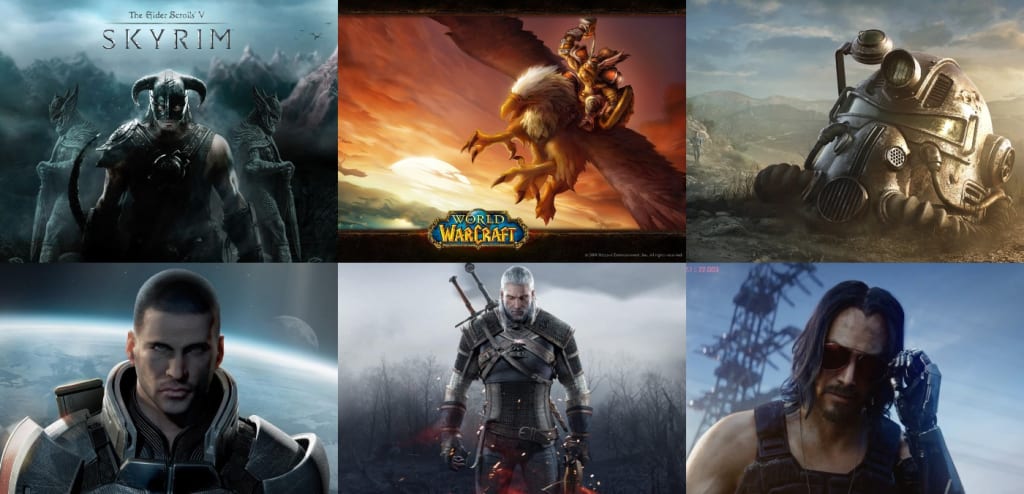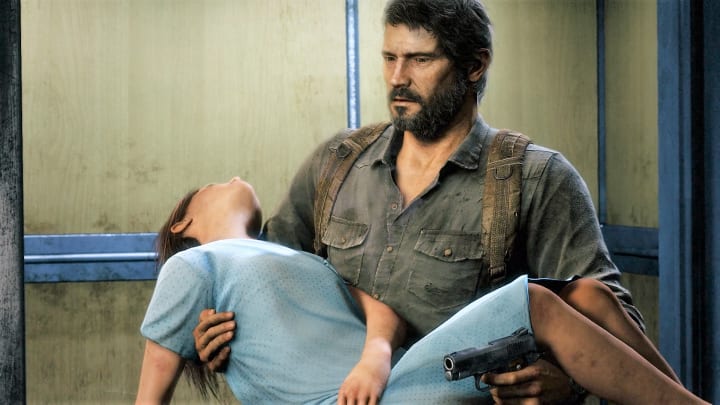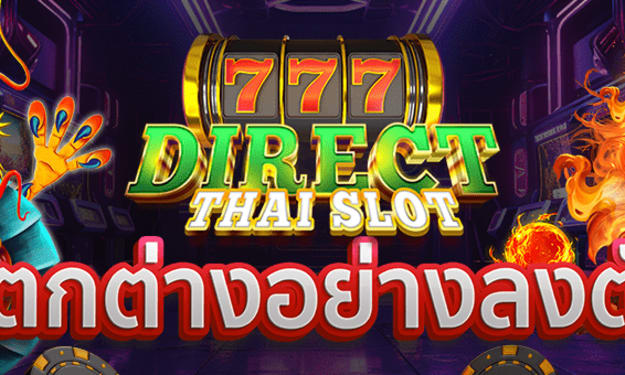To role-play or not to role-play: that is the question
From the start of the history of video games players have always tried to identify themselves with the main character of a game, and to determine certain choices based on their own personal feelings. The question is: is it always right to try to role play specific characters of specific games?

Role playing is a widespread practise among the world of gaming (and not only within the video games industry), whose goal is to enhance and improve the bond between the player and the character who is being impersonated. Table top RPG games appeared for the first time on the market in 1974 with Dungeons & Dragons and have become quite popular nowadays, with examples such as the above mentioned D&D, World of Darkness, 7th Sea or Star Trek Adventures, to start with. When the whole concept of gaming went through its digital evolution, we can all imagine the possibilities that this implied: the chance to actually see a character and the world around it did nothing more than amplify the whole connection between player/playable character. With the never ending evolution of video gaming and the whole innovation of the story telling in games narrated through the eyes of a character (both in first person and third), this kind of connection grew stronger and stronger, and the chances to play games that allow the player to actually choose the actions of a character are several. Games such as Detroit: Become Human, Until Dawn, The Witcher Saga, Cyberpunk 2077 or The Elder Scrolls Series give the player the freedom to determine the actions they take (some more than others), actions that in most cases have a strong impact on the story itself.
The above mentioned games are born with the goal of letting the player choose their own fate, with as much freedom as possible (a freedom that will always be increasing, thanks to the development of new technologies). Some other games, though, are not created with the intention to be role played: such games are mainly focused on the story and its exposition to the players, and role playing these games could lead to some misunderstandings in the comprehension of the actions of such characters. More than once some players have been brought to a misjudgement of a particular event because that’s not how they would have acted, or because that wasn’t the way they were feeling: this often resolved into some harsh critics to the game creators, accused of bad story-writing. The inability of choosing their own path, though, doesn’t mean that the players won’t be able to empathise or bond with the characters on screen.
Sometimes the players have to face the reality that their feelings don’t necessarily match those of the characters they are playing in that specific moment, and that their choices could be different and driven by different ideals. Generally, game producers bring to their audiences standardised characters that mostly have just motivations and positive values, especially when the players can’t decide how, when and why to take action. Stories are often thought to have “heroes“, in which the players can recognise themselves and fully relate with them. The “problems”, let’s call it like this, come when the characters have several facets and behavioural aspects that end up making them real people, with their own feelings, troubles and moreover, their own mind. One of the best example of this kind of characters can be found in the world of The Last Of Us: the player finds himself playing characters in a completely different situation than what he is really in, and that context often means that the thought process on specific actions is totally different.

Let’s take the ending of the first instalment of The Last Of Us and the terrible slaughter of the Fireflies committed by Joel as a main source of example. After losing his daughter Sarah at the start of the game and failing to protect her, Joel is set to lose another person that during the long journey across the country became almost as a second daughter. As Ellie is about to be surgically operated and killed in the act of extracting the Cordyceps from her brain, Joel feels that he is about to fail again: he is about to fail in protecting someone he cares about, once again. No matter what Ellie’s decision could have been or the way she could have felt about sacrificing herself for the greater good, Joel saves her and kills dozens of people in the act: he didn’t need to know Ellie’s thoughts, he saves her driven by an extremely selfish impulse. The choice of saving Ellie is clearly born from a selfish need of Joel and this is even more evident in the Part II of the series. This action led by selfishness marks a line of division between Joel and the players: they both want to save Ellie, but for different reasons. The players want to save Ellie because they became fond of her and, while we all would have probably done the same thing in that moment, we have to understand that the reasons that lead us in that moment are clearly different from Joel’s.
This is a quite good example that shows us how drawing the line in the sand between role playing and not could be a useful tool to better understand some games and the story they are trying to tell us: sometimes getting inside the mind of the characters, getting to know their real motivations and finding out about their real feelings is the key for a complete understanding of the game. Giving up the role play becomes almost necessary for all those games that are strongly story-driven and the player is only living the main characters’ arc, without changing their destiny: witnessing, not deciding, that’s the role given.
What is your position about role playing video games? Do you feel the need of trying to role play (as much as possible) every game, or you prefer to not cross the line of the story telling when it’s meant to be that way?
About the Creator
Marco Zampilli
A writer that loves to share his views and opinions about geeky subjects, especially Marvel and TV series related ones. Currently trying to turn my passion for writing into my career, while also working on my first English novel.






Comments
There are no comments for this story
Be the first to respond and start the conversation.